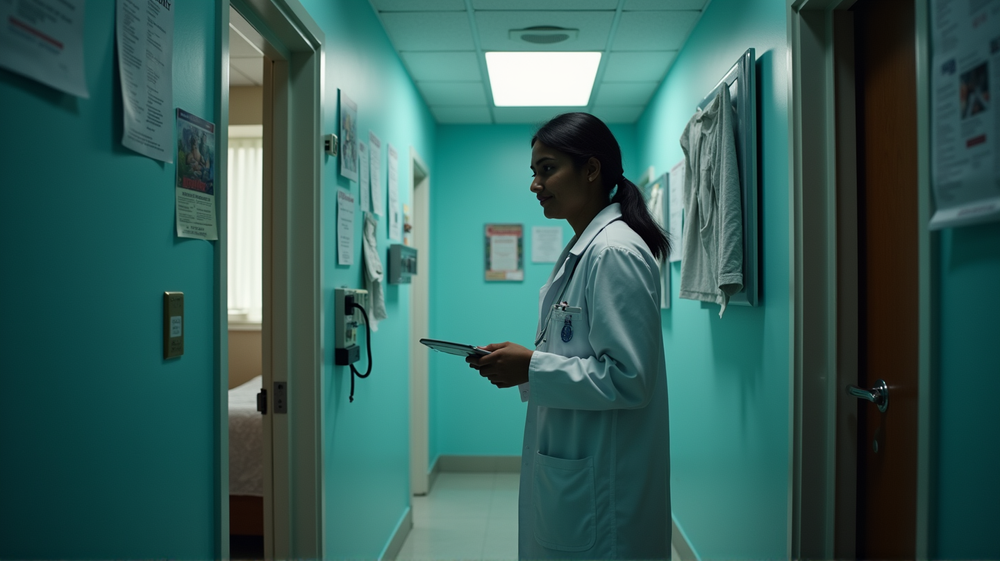The vibrant and agricultural heartland of America stretches vast and wide, dotted with small towns and rural communities where healthcare is as scarce as an oasis in a desert. At the center of this oasis act stand dedicated immigrant doctors, hailing largely from India, who ensure that these communities receive essential medical care. Yet, this delicate balance wavers as recent changes in immigration policy threaten to topple these essential services.
The Lifeline in Rural Communities
For Batesville, Arkansas, with a humble population of 11,000, and like many similar towns across the United States, Indian doctors like Dr. Mahesh Anantha serve as an indispensable lifeline. Trained at top institutions such as Madras Medical College, Dr. Anantha chose service in a rural area over the allure of urban life, fostering a healthcare facility that the community cannot do without. According to BBC, approximately 25% of doctors in the United States are trained abroad, with 64% of them serving in underserved rural areas.
Anxiety over Visa Fee Hikes
The Trump administration’s decision to hike H-1B visa fees to $100,000 has sent ripples of anxiety through the healthcare community. These visas support thousands of Indian-trained doctors who dedicate their careers to the American people without much certainty over their future. Will these vital arteries of healthcare be cut off by a mere financial string?
Economic Stress and Healthcare Disparities
Raising visa fees could potentially cripple rural hospitals, which already struggle to compete for talented clinicians against urban centers. As larger urban healthcare systems lure graduates with lucrative salaries and amenities, the chance to serve patients in rural areas fades. Experts argue that this could create a devastating ripple effect, disrupting healthcare access for millions.
Contributions of Indian Doctors to the US Economy
Beyond patient care, immigrant physicians are hailed for their economic contributions, as seen in Batesville’s hospital, which boasts of annual financial improvements over $40 million thanks to Dr. Anantha’s efforts. However, without adequate policies to support these invaluable professionals, rural America faces a grim healthcare future.
Urgent Call for Action
The American Medical Association calls for rapid government action, seeking exemptions that could preserve the vital pipeline of H-1B doctors. Each day, as potential candidates reevaluate their career paths, the future of rural healthcare remains uncertain.
Only time will tell whether empathy and foresight can prevail over rigid policy decisions, maintaining the necessary flow of these humanitarian heroes into the heart of America.
Follow the broader story and perspectives on BBC News India through Instagram, YouTube, X, and Facebook.












